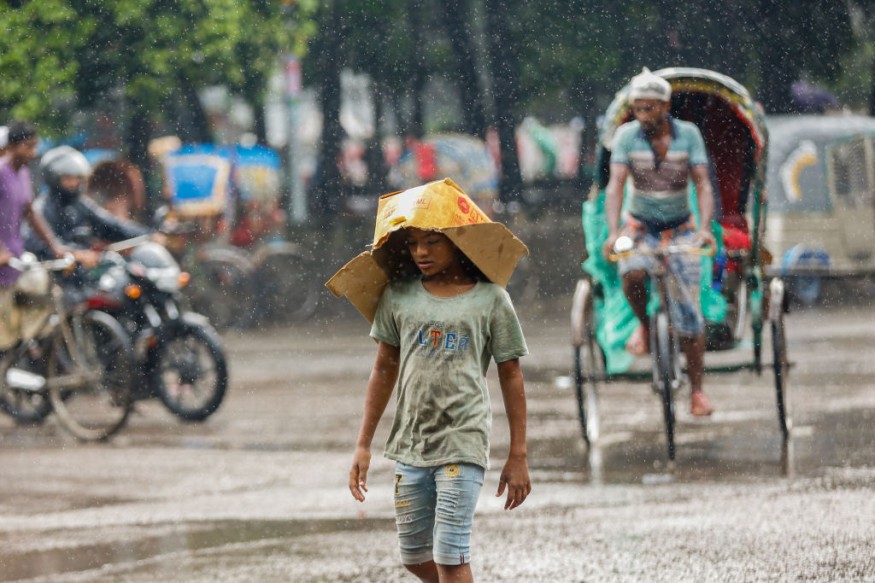
A global study reveals that many people, even in places most affected by climate change, lack a full understanding of the term "climate justice." However, most recognize the social, economic and historical injustices tied to the crisis.
The study, conducted by researchers from the University of Nottingham, surveyed 5,627 adults across 11 countries, including the U.S., India, and Brazil. It is the first to explore public understanding of climate justice outside Europe and North America.
Widespread Support for Climate Justice Principles
Results showed that while two-thirds of participants were unfamiliar with the term, many supported key climate justice beliefs. For example, 78% agreed that lower-income people face harsher effects of climate change, and that these communities should have more say in decisions about climate action.
Similarly, 70% believed capitalism and colonialism are significant contributors to the crisis. Researchers noted that these beliefs were linked to higher participation in climate-related actions and stronger support for fair policies.
According to Phys.org, climate justice focuses on how climate change impacts different communities unequally. Often, those most affected, especially in poorer regions, have little influence in decision-making processes. This creates a gap where the real concerns of marginalized communities are ignored, worsening their struggles.
Dr. Charles Ogunbode, who led the study, stressed that considering climate justice is essential in finding fair solutions to the crisis. "It's important to include the voices of those in vulnerable regions," he said.
The study aimed to empower climate advocates and policymakers to create more equitable strategies for addressing climate change.
© 2025 NatureWorldNews.com All rights reserved. Do not reproduce without permission.





